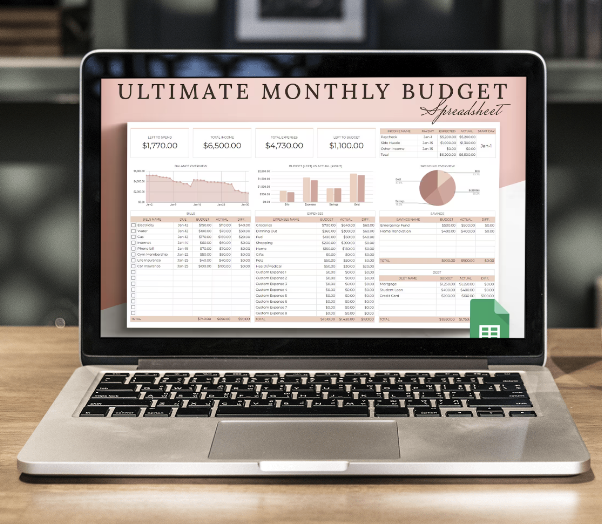Welcome to the real world, where the adventure begins! As you stand on the brink of adulthood and financial literacy, it’s time to gear up for some of life’s biggest challenges and opportunities. This guide is your trusty companion on the journey to understanding the basics of budgeting, taxes, and managing the cost of living. Let’s dive in and demystify these essential life skills, brought to you by Black Hills Financial Planning.
The Art of Budgeting
Budgeting is like planning a road trip: you need to know where you’re starting, where you want to go, and how much gas (money) you’ll need to get there. Here’s how to create a simple budget:
- Track Your Income: List all the money you receive, including allowances, part-time job earnings, and any other sources.
- List Your Expenses: Write down your spending, both needs (like food and transportation) and wants (like entertainment).
- Set Goals: Determine what you’re saving for – be it college, a car, or concert tickets.
- Make It Balance: Ensure your income covers your expenses and savings goals. If not, look for ways to cut back on wants or find ways to boost your income.
The Basics of Filing Taxes
Taxes might seem daunting, but they’re just part of the deal. Here’s what you need to know:
- Income Tax Returns: If you have a job, you’ll likely need to file a tax return. This is how you report your income to the government and pay any taxes you owe.
- Documents You Need: Keep track of your earnings and any taxes withheld (usually shown on a W-2 form from your employer).
- Filing Deadline: Taxes are typically due on April 15th each year. Mark it on your calendar!
- Getting Help: Many resources are available to help first-timers, including tax software, community programs, and, if necessary, professional tax preparers.
Understanding the Cost of Living
The cost of living is how much money you need to cover basic expenses like housing, food, transportation, and entertainment. It can vary widely depending on where you live. To get a handle on it:
- Research: Look up the average cost of living in different areas, especially if you plan to move for college or a job.
- Plan Ahead: Consider how the cost of living will affect your budget and savings goals. Don’t forget to account for unexpected expenses by setting aside a little extra.
Learning More and Planning Ahead
The journey to financial independence is ongoing. Here are a few ways to continue learning and planning for your future:
- Educational Resources: Many websites, apps, and books are dedicated to teaching financial literacy. Look for ones targeted at teenagers or young adults.
- Mentorship: Talk to adults you trust about how they manage their finances. You can learn a lot from their experiences and advice.
- Financial Institutions: Banks and credit unions often offer financial literacy programs and tools for young customers. Don’t hesitate to ask for information or assistance.
Take Action with Black Hills Financial Planning
Ready to take your financial literacy to the next level? Black Hills Financial Planning is here to help you and your family navigate the complexities of budgeting, taxes, and planning for the future. Our team of experts offers personalized advice, tools, and resources designed to empower you on your journey to financial success.
Visit us at Black Hills Financial Planning to learn more about our services and how we can help you achieve your financial goals. Let’s build a brighter future together!
Remember, managing money is a skill that takes practice. The sooner you start, the better prepared you’ll be for whatever lies ahead. Good luck, and here’s to a future of financial savvy and success!







